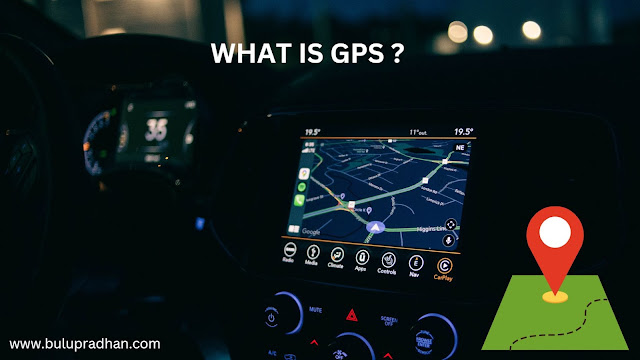GPS: Definition
GPS, or Global Positioning System, is a satellite-based navigation system that allows you to determine your exact location on Earth. It is made up of a network of satellites orbiting the Earth, ground control stations, and GPS receivers. The GPS receiver in your device calculates its location by triangulating its position based on signals from several satellites. GPS is used in a variety of applications, including in-car navigation systems, mobile phones, and outdoor recreational equipment.
Type of GPS
There are two main types of GPS systems: civilian GPS and military GPS. Civilian GPS is available for use by the general public and is used in a variety of applications, including in-car navigation systems, mobile phones, and outdoor recreational equipment. Military GPS is used exclusively by military personnel and is often more accurate and secure than civilian GPS. It is used for a variety of military applications, including navigation, targeting, and surveillance.
There are also several other types of GPS systems, including:
Assisted GPS (A-GPS): A-GPS uses information from nearby cell towers and the internet to help improve the accuracy of GPS location data.
Real-Time Kinematic (RTK) GPS: RTK GPS is a high-precision GPS system that uses real-time correction data to improve the accuracy of the location data to within a few centimeters.
Differential GPS (DGPS): DGPS is a system that uses ground-based reference stations to improve the accuracy of GPS location data. It can provide location accuracy of up to a few meters.
Augmented GPS (AGPS): AGPS is a system that uses additional information from other sources, such as data from the internet or an in-car navigation system, to improve the accuracy of GPS location data.
GPS system history
The development of the GPS system began in the 1970s, when the U.S. Department of Defense began working on a satellite-based navigation system. The first GPS satellite was launched in 1978, and the system became fully operational in 1994, with a total of 24 satellites in orbit.
The GPS system was initially designed for military use, but it was later made available for civilian use as well. In the years since its inception, GPS has become an integral part of our daily lives, with applications in a wide range of fields, including transportation, agriculture, and emergency services.
One of the key developments in the history of GPS was the decision to make the system available for civilian use. This decision, made in the 1980s, paved the way for the widespread adoption of GPS in a variety of applications, including in-car navigation systems, mobile phones, and outdoor recreational equipment. Today, GPS is an essential part of our modern infrastructure, and it is difficult to imagine life without it.
